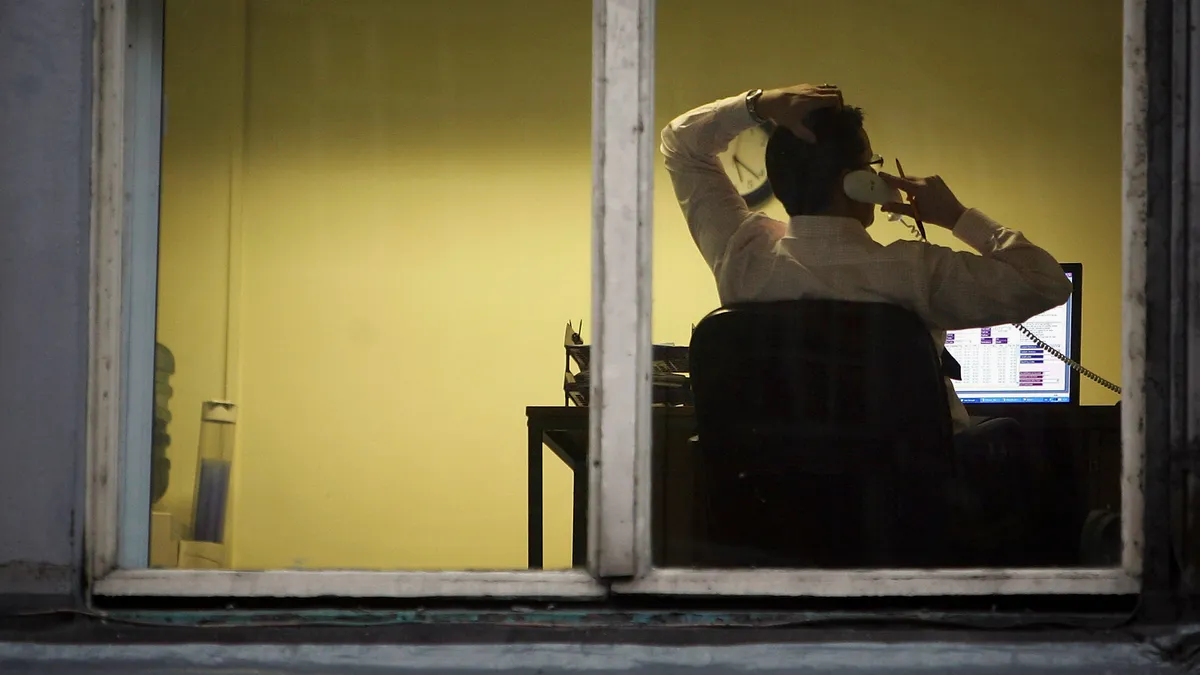Dive Brief:
- A Caesars Entertainment worker has alleged that the company violated the Americans with Disabilities Act when it refused to replace a chair that exacerbated his arthritis (Pugliese v. Caesar's Entertainment Inc., et. al, No. 21-cv-20278 (D.N.J. Dec. 1, 2021)).
- The plaintiff worked in ticketing and sat behind a window all day. The chair the casino provided him was uncomfortable to sit in for long periods of time, he said. It reportedly worsened his arthritis and caused severe back pain.
- The worker asked for a different chair multiple times but received only curt rejections, he alleged in the lawsuit. At one point, the plaintiff said he was told that if the casino gave him a different chair, it would have to "expend several thousands of dollars to give new chairs to all their staff." The worker eventually quit because his pain was so severe, he said.
Dive Insight:
The ticketing worker's allegations referenced two fears employers commonly express when considering a requested accommodation: expense and precedent.
Employers often balk at accommodation requests because they assume the job aid will incur massive expenses. But this fear may be unfounded: According to a 2020 survey by the Job Accommodation Network, 56% of respondents said the accommodations they implemented cost nothing. Thirty-nine percent said they incurred a one-time cost. And 4% said the accommodation required an annual cost. Of the accommodations that required a one-time cost, the median expenditure rang in at $500.
Expense may tempt an employer to withhold an accommodation; so might the thought that one job aid will spur requests for others. For this reason, employers must train managers to handle workers' questions about another's accommodation carefully, attorneys say. If a worker asks about a colleague's frequent breaks, for instance, a manager needs to respond that the breaks are related to private information that can't be discussed.
Precedent is a particularly pressing worry as some employers transition from back to in-person work: One worker may be allowed to continue working from home due to a health condition, leading another to express frustration about a mandatory return to the office. But attorneys say managers must simply say they can't discuss private information.














